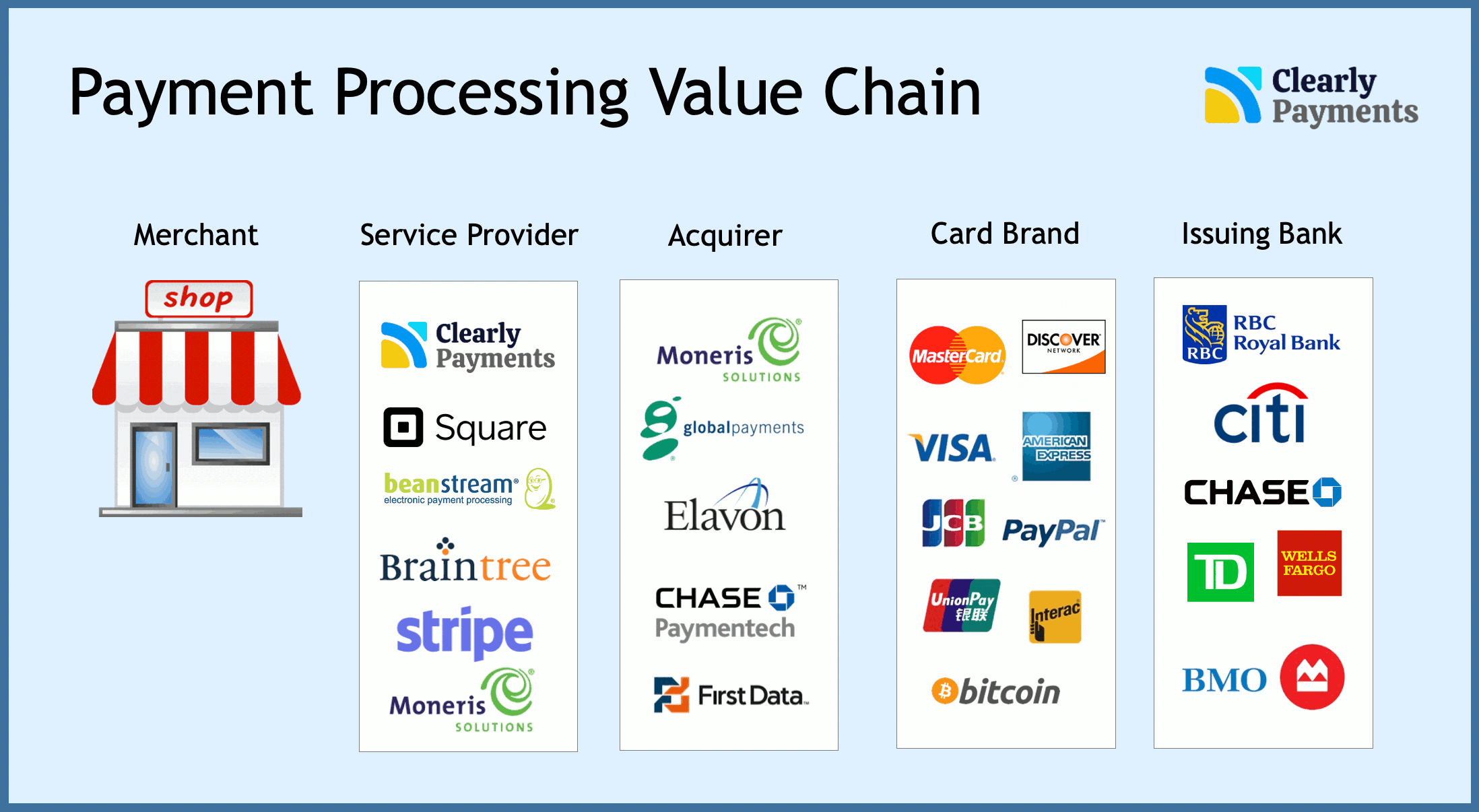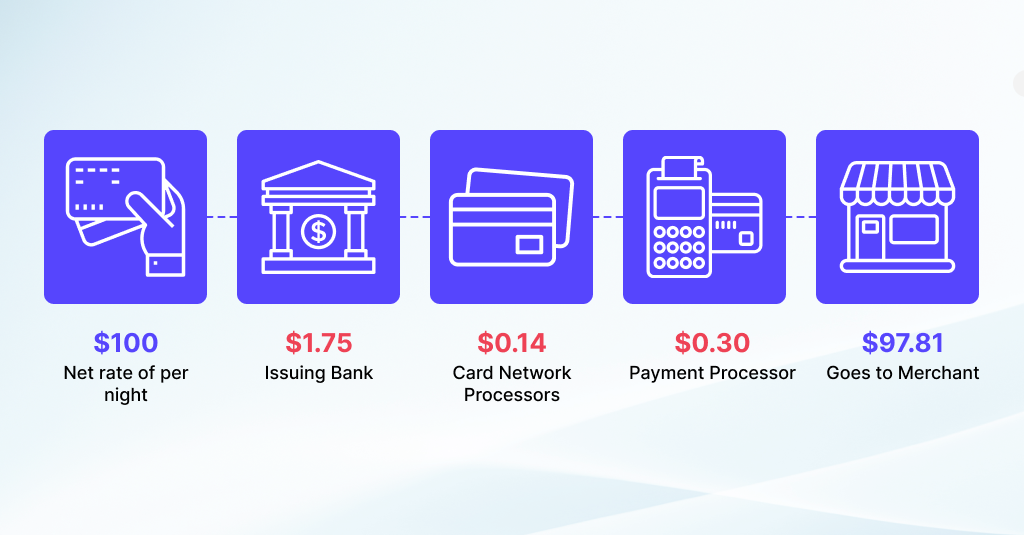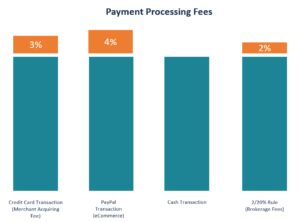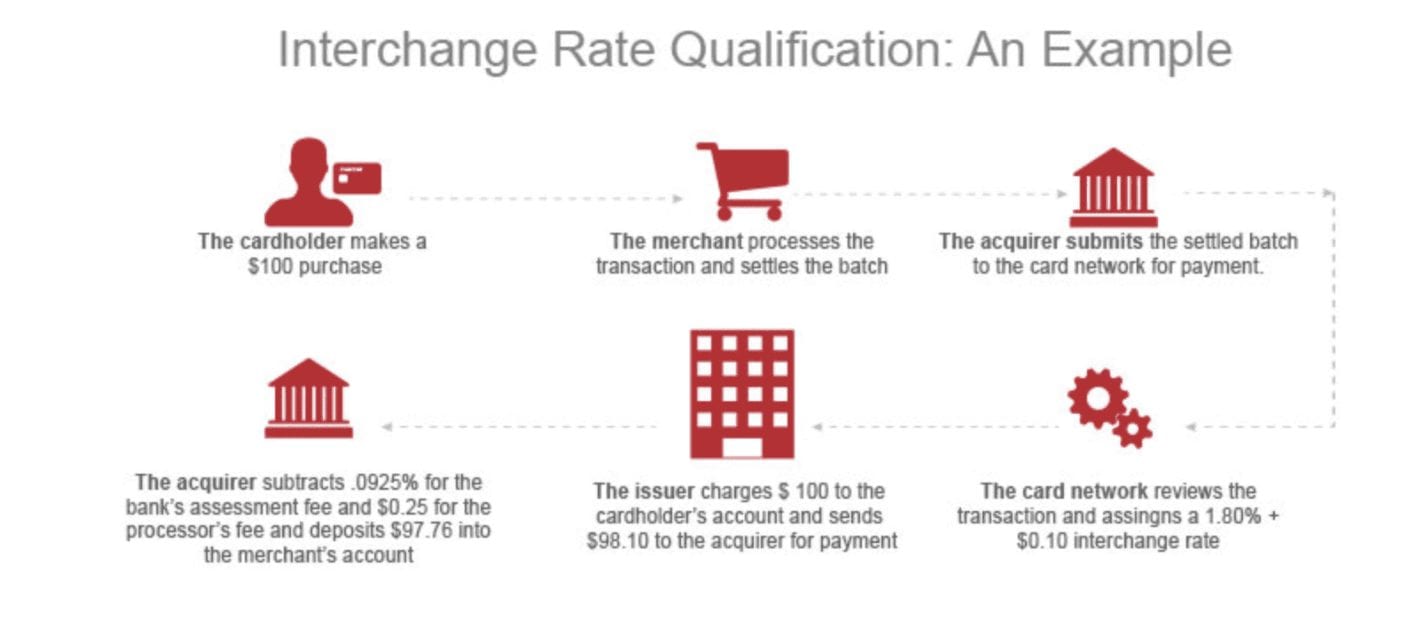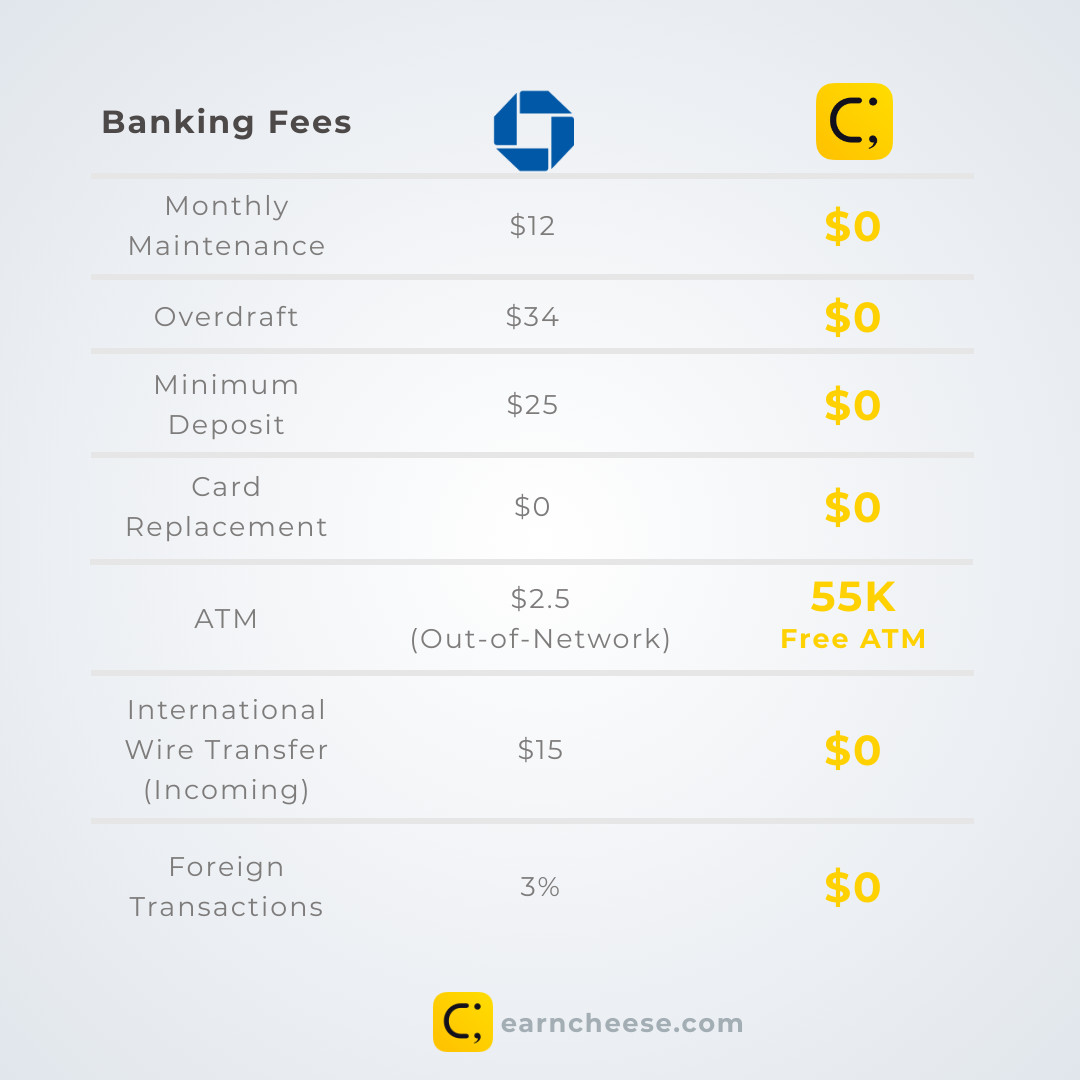Accounting Software: A Comprehensive Guide For Small Businesses
Posted: 02 Apr 2025 on General
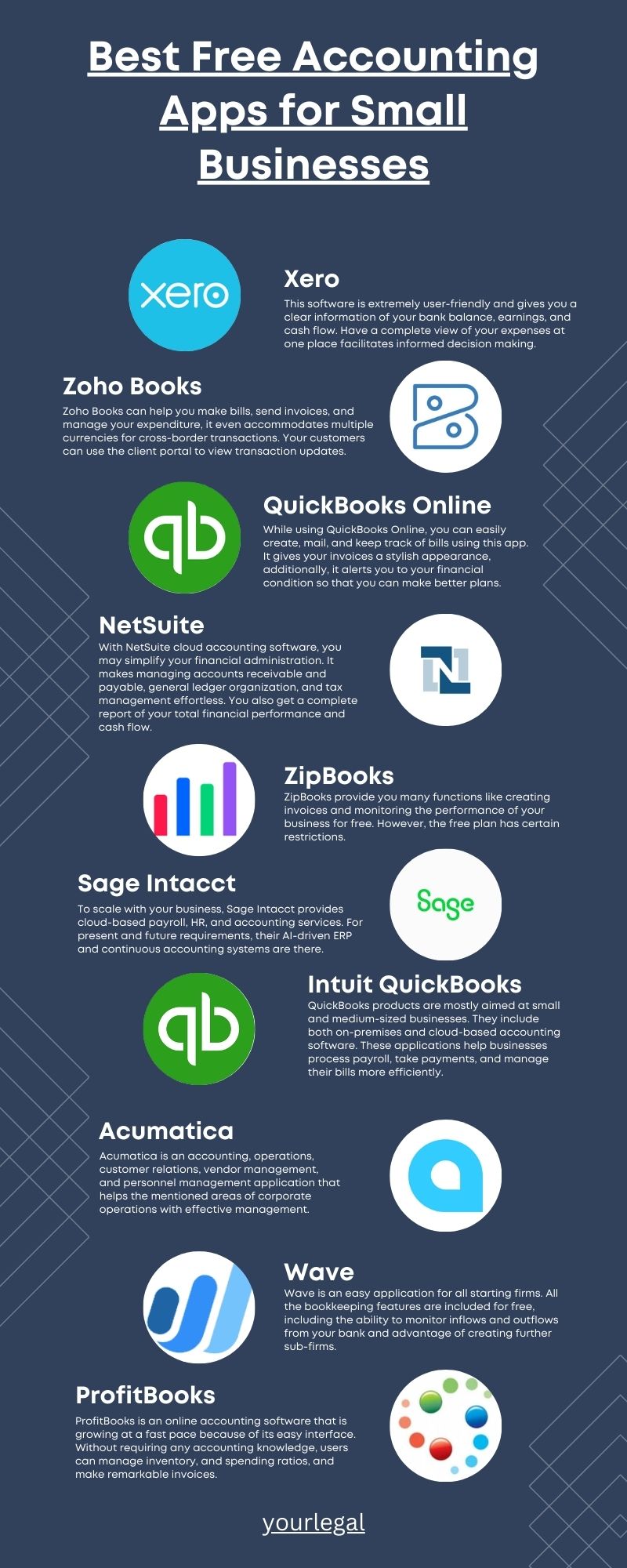
Introduction
Owning a small business is no cakewalk. You’ve got a million and one things to keep track of, from marketing and sales to customer service and product development. And on top of all that, you’ve got to keep your finances in order. That’s where accounting software comes in. With the right software, you can streamline your financial management, simplify tasks like invoicing and expense tracking, and improve the accuracy of your financial reporting. In short, accounting software can help you save time, money, and stress. And with so many different options on the market, you’re sure to find one that’s the perfect fit for your business.
Benefits of Accounting Software for Small Businesses
There are countless benefits to using accounting software for small businesses. Here are just a few of the most important:
- Saves time: Accounting software can automate many of the tasks that you would otherwise have to do manually, such as invoicing, expense tracking, and financial reporting. This can free up your time so that you can focus on more important things, like growing your business.
- Improves accuracy: Accounting software can help you avoid errors in your financial reporting. This is important because errors can lead to costly mistakes, such as overpaying taxes or underpaying employees.
- Provides insights: Accounting software can provide you with valuable insights into your business’s financial performance. This information can help you make better decisions about how to manage your finances and grow your business.
How to Choose the Right Accounting Software for Your Small Business
When choosing accounting software for your small business, there are a few things you need to keep in mind:
- Your business’s size and needs: The size and complexity of your business will determine the type of accounting software that you need. If you have a simple business with few transactions, you may be able to get by with a basic accounting software package. However, if you have a more complex business with many transactions, you will need a more robust accounting software solution.
- Your budget: Accounting software can range in price from free to thousands of dollars per month. It’s important to set a budget before you start shopping for accounting software so that you don’t overspend.
- Your technical expertise: If you’re not comfortable with technology, you may want to choose an accounting software package that is easy to use. However, if you’re comfortable with technology, you may be able to use a more complex accounting software package that offers more features.
Top 5 Accounting Software for Small Businesses
Here are the top 5 accounting software for small businesses:
- QuickBooks Online: QuickBooks Online is a cloud-based accounting software that is designed for small businesses. It is easy to use and offers a wide range of features, including invoicing, expense tracking, financial reporting, and payroll.
- Xero: Xero is another cloud-based accounting software that is designed for small businesses. It is also easy to use and offers a wide range of features, including invoicing, expense tracking, financial reporting, and payroll.
- Wave: Wave is a free accounting software that is designed for small businesses. It offers a limited range of features, but it is a good option for businesses that are just starting out.
- FreshBooks: FreshBooks is a cloud-based accounting software that is designed for small businesses. It is easy to use and offers a wide range of features, including invoicing, expense tracking, financial reporting, and time tracking.
- Zoho Books: Zoho Books is a cloud-based accounting software that is designed for small businesses. It is easy to use and offers a wide range of features, including invoicing, expense tracking, financial reporting, and inventory management.
Small Business Accounting Software: A Lifeline for Small Businesses
Running a small business is no walk in the park. It’s like juggling dozens of balls in the air while trying to keep your balance on a unicycle. And when it comes to accounting, things can get downright chaotic. But fear not, my fellow small business owners! There’s a secret weapon that can streamline your finances and give you more time to focus on what really matters: growing your business.
Introducing accounting software for small businesses. It’s like having a personal accountant in your pocket, ready to crunch numbers and keep your books in order. From invoicing to expense tracking to financial reporting, this software has got your back. It’ll automate tasks that would otherwise eat up hours of your precious time, freeing you up to focus on the things that drive your business forward.
Benefits of Accounting Software
When it comes to the advantages of accounting software, the list goes on like a never-ending Netflix queue. But let’s break it down into a few key benefits that’ll make you wonder how you ever managed without it.
1. Accuracy and Efficiency
Let’s face it, mistakes happen. Especially when you’re manually entering data into spreadsheets or using a calculator to add up expenses. But with accounting software, you can say goodbye to those pesky errors. The software does the calculations for you, ensuring accuracy and consistency in your financial records. Plus, it automates tasks like invoicing and expense tracking, freeing up your time for more strategic pursuits.
2. Real-Time Reporting
In the business world, time is money. And with accounting software, you get real-time access to your financial data. No more waiting for the end of the month to see how your business is doing. With a few clicks, you can generate reports that give you a clear picture of your cash flow, expenses, and profitability. This allows you to make informed decisions on the fly, staying ahead of the curve and avoiding any nasty financial surprises.
3. Data Security
Your financial data is like the crown jewels of your business. You wouldn’t leave them lying around for anyone to snatch, right? The same goes for your accounting data. Accounting software takes data security seriously, employing robust measures to keep your information safe from hackers and cyber threats. So, you can rest assured that your financial secrets are in good hands.
4. Scalability
As your business grows, so too will your accounting needs. And that’s where the beauty of accounting software shines. It’s scalable, meaning it can grow with your business. Whether you’re a one-person operation or a thriving enterprise, accounting software can adapt to your changing needs, ensuring you always have the tools you need to manage your finances effectively.
5. Collaboration
In today’s collaborative business environment, it’s essential to be able to share financial information with your team. And with accounting software, collaboration is a breeze. You can easily grant access to your accountant, bookkeeper, or other stakeholders, allowing them to view and edit financial data in real-time. This streamlines communication, reduces errors, and keeps everyone on the same page.
6. Cost-Effective
Hiring an accountant can put a dent in your budget. But with accounting software, you can get professional-grade accounting tools at a fraction of the cost. It’s like having a personal accountant without the hefty price tag. Plus, many accounting software providers offer flexible pricing plans tailored to the size and needs of your business, making it an affordable solution for all.
7. Time-Saving
Time is money, and accounting software can save you both. By automating tasks and streamlining processes, you’ll free up valuable hours that you can spend on more important things, like growing your business, spending time with your family, or simply enjoying life. Who said accounting couldn’t be a time-saver?
Choosing the Right Accounting Software
With so many accounting software options out there, finding the right one for your business can feel like a daunting task. But don’t fret, my friend. Here are a few tips to help you navigate the software jungle and make an informed decision
1. Consider Your Business Needs
Not all accounting software is created equal. Some are designed for specific industries or business types. So, before you start shopping, take some time to think about the unique needs of your business. What features are essential? What level of customization do you need? How many users will be accessing the software? Answering these questions will help you narrow down your options.
2. Do Your Research
Once you have a good understanding of your business needs, it’s time to start researching different accounting software options. Read reviews, compare features, and talk to other small business owners who have used different software. This will give you a better idea of which software is right for you.
3. Get a Demo
Most accounting software providers offer free demos. This is a great way to get a firsthand look at the software and see how it works. Take advantage of this opportunity to ask questions and get a feel for the user interface. A good accounting software should be intuitive and easy to use, even if you’re not an accounting whiz.
4. Consider the Cost
Of course, cost is always a factor to consider. Accounting software can range in price from free to hundreds of dollars per month. There are also one-time purchase options available. Choose a software that fits your budget and the size of your business.
5. Look for Support
Even the best accounting software can have its hiccups. That’s why it’s important to choose a software provider that offers excellent customer support. Look for a provider that offers multiple channels of support, such as phone, email, and live chat.
Conclusion
In the competitive world of small business, having the right tools can make all the difference. Accounting software for small businesses is one of those must-have tools that can streamline your finances, save you time, and give you the peace of mind that comes from knowing your financial records are accurate and up-to-date. So, if you’re ready to take your business to the next level, it’s time to invest in accounting software. You won’t regret it.
Accounting for Small Businesses: Choosing the Software That Fits Your Needs
In today’s digital age, finding the right accounting software for your small business is more important than ever. With countless options on the market, it can be overwhelming to know where to start. That’s why we’ve put together this comprehensive guide to help you navigate the process and choose the software that’s perfect for your unique needs.
Selecting the Right Software
When selecting accounting software, there are a few key factors to consider:
1. Business Size and Industry
The size and industry of your business will play a significant role in determining the type of software you need. If you’re a small business with a straightforward accounting process, you may not need the same level of functionality as a larger company with complex financial operations. Similarly, businesses in different industries may have specific accounting requirements that need to be addressed.
2. Specific Accounting Needs
Every business has unique accounting needs. Do you need to track inventory? Manage payroll? Process a high volume of transactions? Consider the specific functions and features that you require from your accounting software.
3. Features and Functionality
This is where the rubber meets the road. Take a deep dive into the features and functionality of different software options. Does it offer the tools you need to manage your accounts receivable, accounts payable, payroll, and financial reporting? Can it be integrated with other software applications you use, such as CRM or e-commerce platforms?
Here are some additional tips to keep in mind:
- Look for user-friendliness: Accounting software should be easy to use, even if you’re not an accounting pro.
- Consider cloud-based software: Cloud-based accounting software offers the flexibility to access your data from anywhere with an internet connection.
- Get support when you need it: Choose software that offers reliable customer support to help you troubleshoot any issues you may encounter.
- Don’t be afraid to ask for help: If you’re overwhelmed by the selection process, don’t hesitate to consult with an accountant or software expert.

